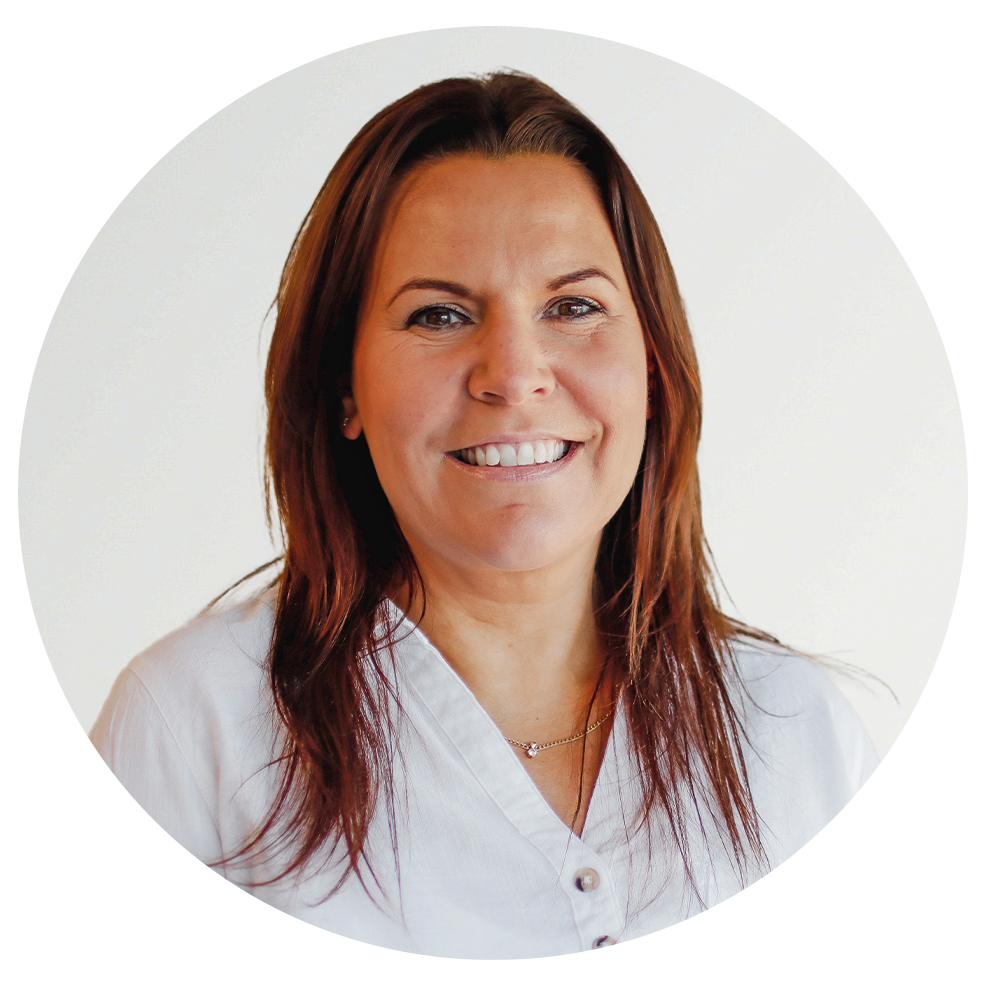The link between nutrition, pressure ulcer prevention and wound healing
Our skin is the largest organ of the body and acts as a barrier to our internal systems that are essential for our health and well-being. Within this webinar you will learn about taking positive steps with your patient’s nutrition to ensure you are doing all you can for your patients to improve their skin integrity, to give the best outcome to prevent any breakdown and if a wound or pressure damage occurs, how you can put in place strategies to heal these wounds using nutrition.
Learning Outcomes
- To have an understanding of prevention of pressure ulcers using the aSSKINg bundle
- To gain more in depth understanding of how nutrition plays an important part in the viability of tissue
- To identify high risk individual’s due to their medical considerations
- To understand how nutrition helps with healing wounds and how to do this in practice
Meet our Experts

Sarah has always had a keen interest in Tissue Viability since becoming a registered nurse in 2002. Her experience varies from within a community setting, where she completed her Tissue Viability based degree in 2007. She then worked within the private sector to gain additional advanced wound care skills whilst working with a medical devices company specialised in wound healing. In 2010, Sarah became a Tissue Viability Nurse and shaped a specialised service within the acute sector for 7 years before returning to the community setting as a TVN.

Tracy has worked as a registered nurse since 2004 and has always had an interest in nutrition. Spending much of her career in different critical cares Tracy worked on various nutrition initiatives around artificial feeding – including naso-gastric feeding and parenteral nutrition. By 2011 Tracy moved on to become a Nutrition Nurse Specialist covering all aspects of patient nutrition. During this time Tracy became an active member of the National Nurses Nutrition Group, becoming Secretary in 2016. By 2017 Tracy moved into Cancer Services, first working as a upper gastrointestinal and hepato/pancreatic/biliary Lead Clinical Nurse Specialist.
People who watched this also watched...
What do we really know about fibromyalgia?
In this session we will explore the chronic condition known as fibromyalgia in more depth. We will be discussing what it is, how it is best managed and how we can support the person managing the condition, but how we can also support for their carers.
Ask Accora Anything
Join us for an interactive Accora Q&A Webinar, where you set the agenda! This session is designed to give you direct access to our experts and help you get the answers you need. Participants are invited to submit their questions in advance or during the session.
Submit your questions here.
Integrating assistive technology and specialised seating
Discover the powerful synergy between assistive technology and specialised seating systems in this practical and informative webinar. Designed for therapists and carers, this session will demonstrate how integrating tools can greatly enhance mobility, communication, and independence for individuals with complex needs.
Using real-world examples and case studies, participants will learn how to choose and coordinate devices that work seamlessly together- without adding unnecessary complexity.
This webinar is ideal for therapists who are new to assistive technology as well as those experienced in seating provision who want to expand their skills in setting up environmental control or communication devices.


